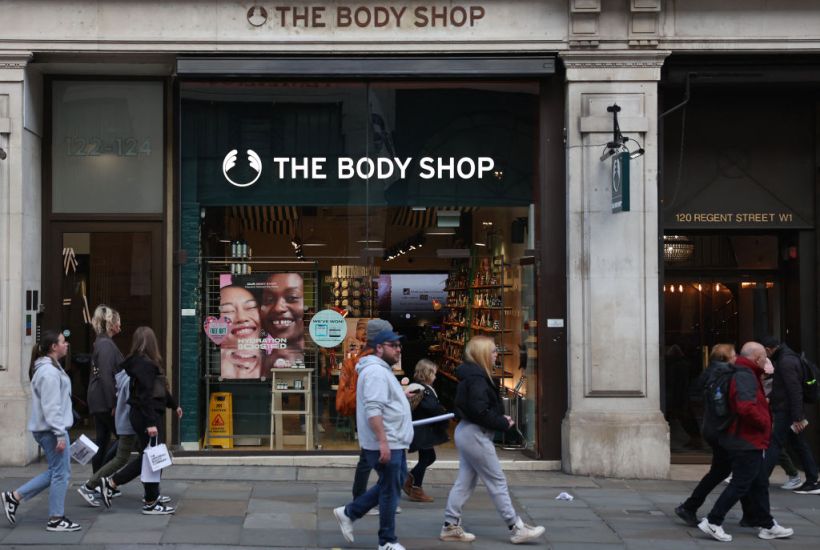Though I believe that people who use the phrase ‘retail therapy’ should probably have their voting rights removed, I do like shops – the lights and the people and the chatter. My mum was a shopgirl for much of her life and the only other job I’ve had apart from being a writer was as a teenage runaway shopgirl, selling scent in a chemist’s at King’s Cross station.
Already a subscriber? Log in
Subscribe for just $2 a week
Try a month of The Spectator Australia absolutely free and without commitment. Not only that but – if you choose to continue – you’ll pay just $2 a week for your first year.
- Unlimited access to spectator.com.au and app
- The weekly edition on the Spectator Australia app
- Spectator podcasts and newsletters
- Full access to spectator.co.uk
Or





















Comments
Don't miss out
Join the conversation with other Spectator Australia readers. Subscribe to leave a comment.
SUBSCRIBEAlready a subscriber? Log in